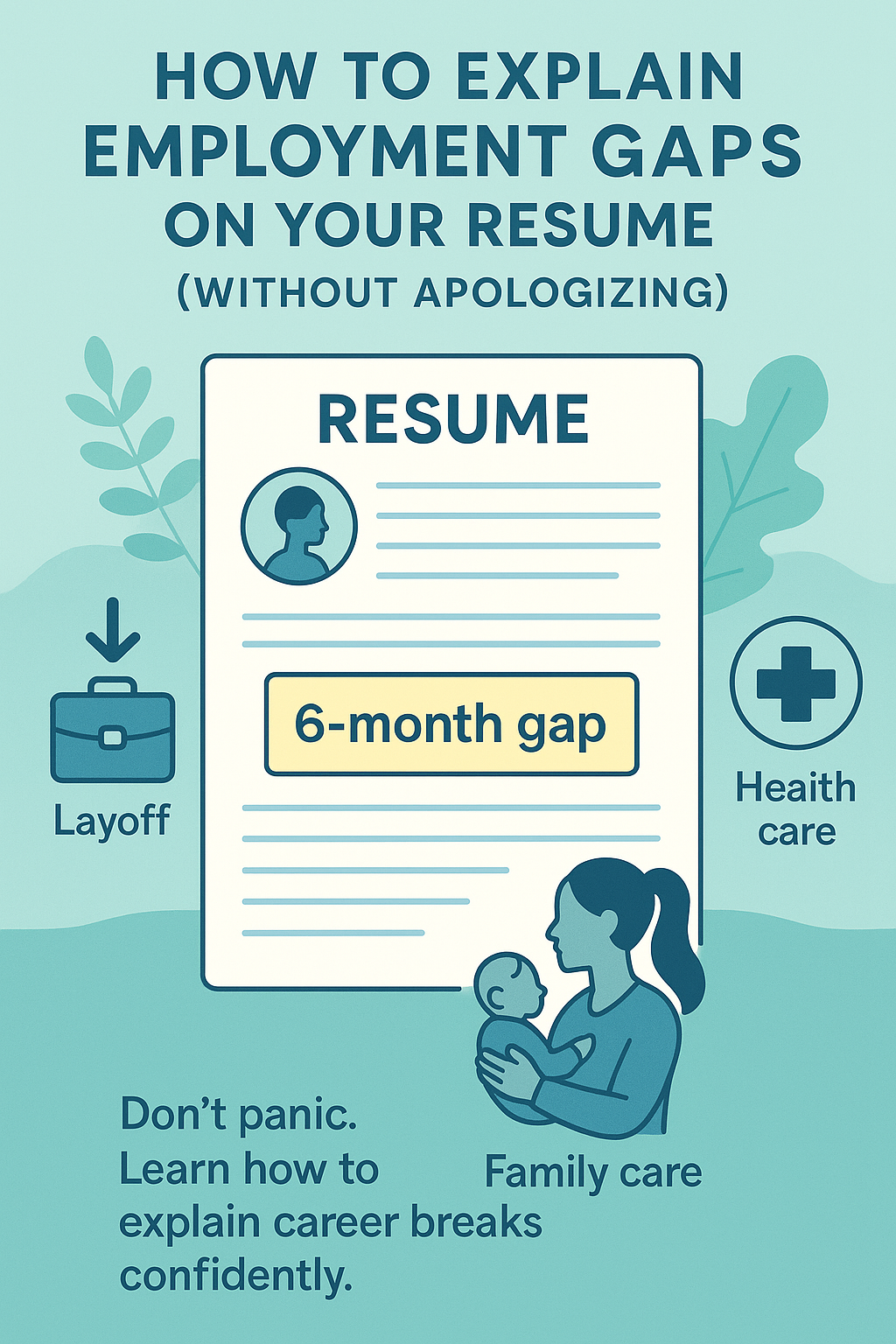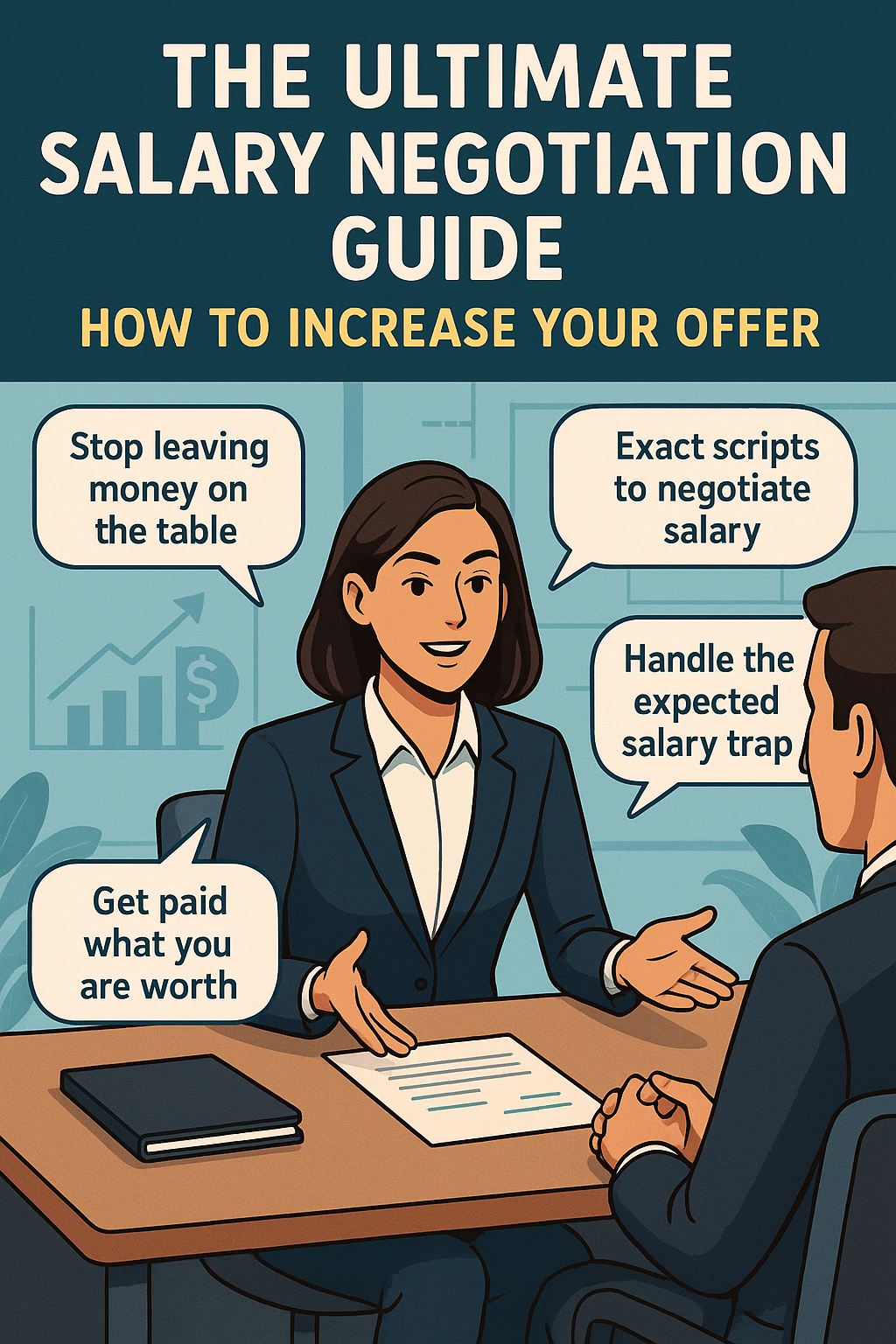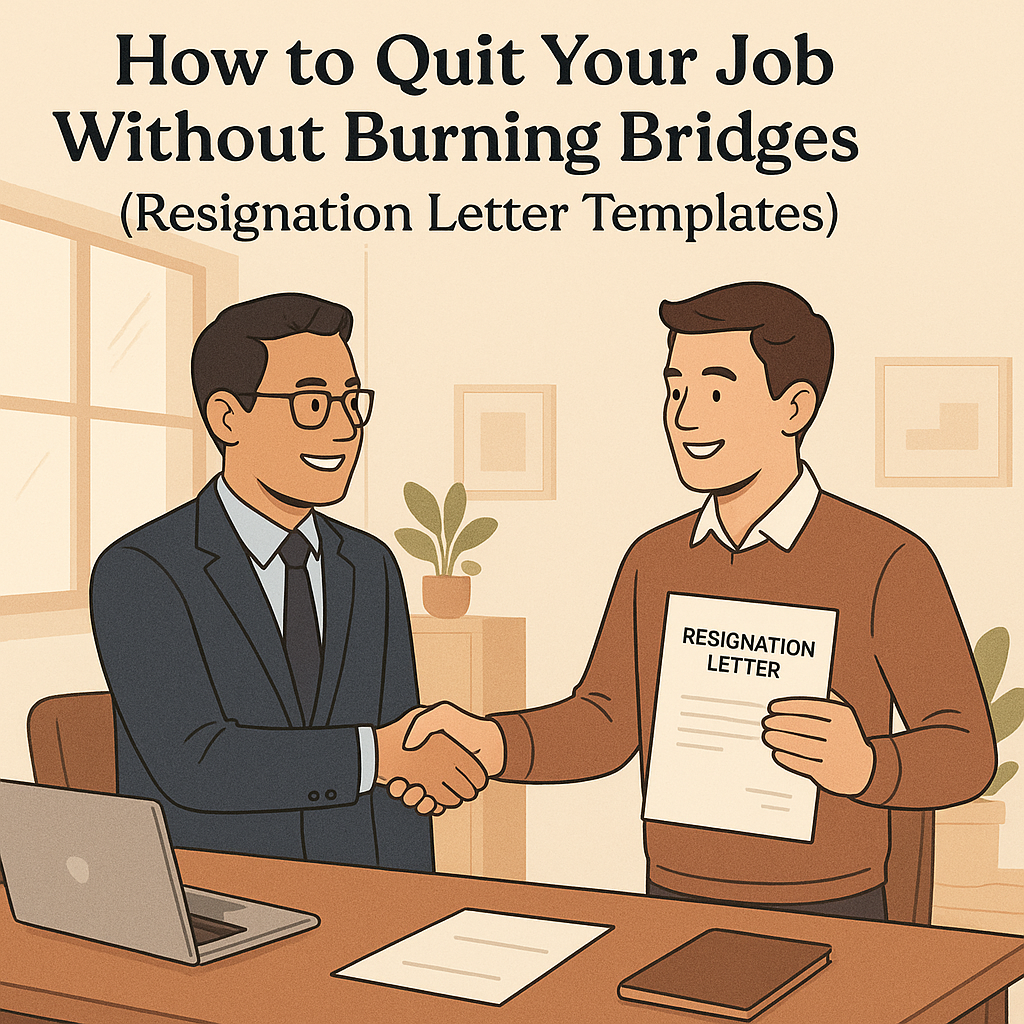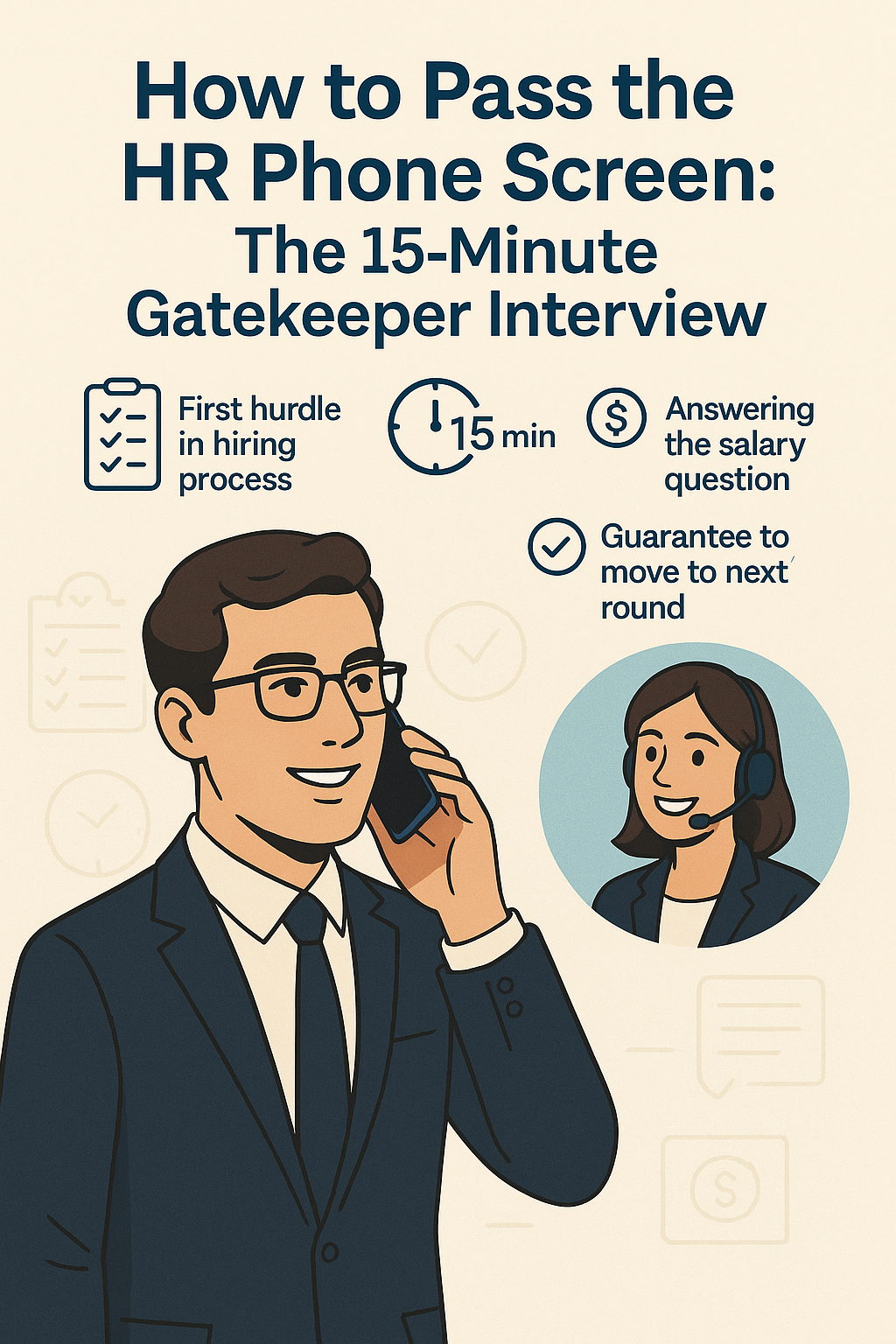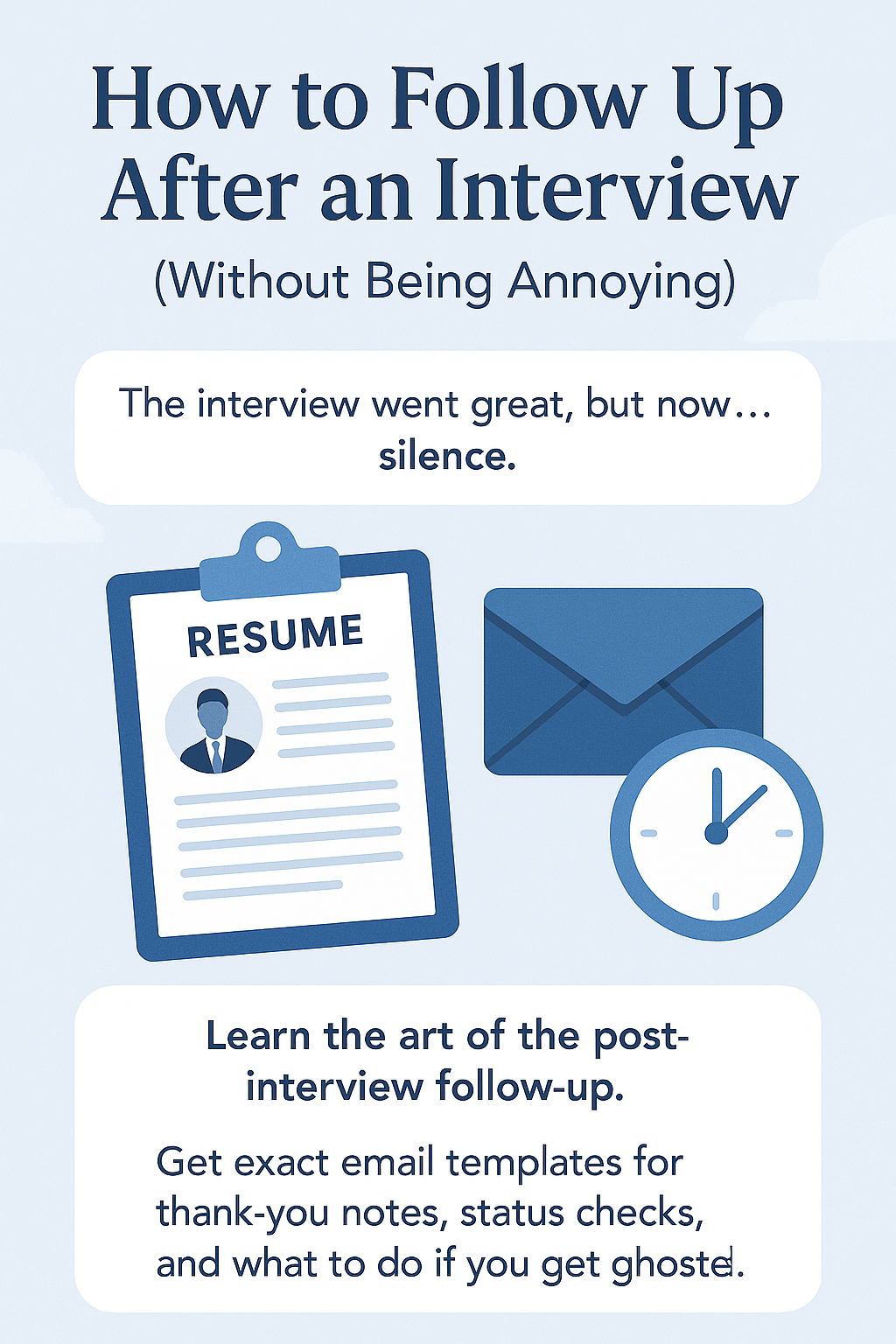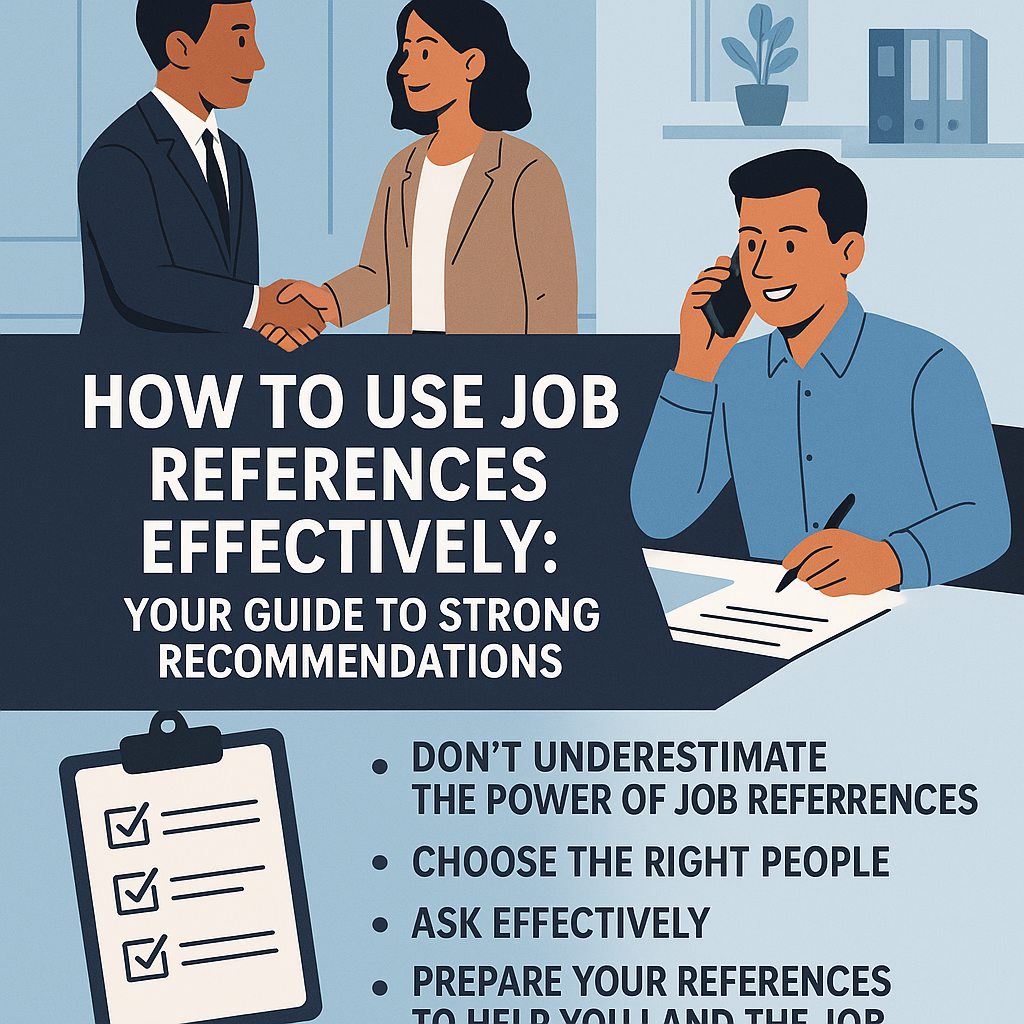
How to Use Job References Effectively: Your Guide to Securing Strong Recommendations
In the final stages of the hiring process, just when you think you've crossed all the hurdles, a familiar request often pops up: "Could you please provide a list of professional references?" For many job seekers, this step feels like a mere formality, a final checkbox to tick before the offer letter is officially signed. They quickly jot down the names and contact details of a few former managers or colleagues, assuming that a positive reference is a foregone conclusion.
This casual approach is a significant missed opportunity and, in some cases, a potential pitfall. Your professional references are not just names on a list; they are your potential advocates, your final sales pitch, and a crucial piece of social proof that validates everything you've claimed in your resume and interviews. A lukewarm or unprepared reference can cast doubt on your candidacy, while a glowing, specific, and enthusiastic recommendation can be the final nudge that seals the deal, especially when the hiring decision is between two equally qualified candidates.
Choosing the right people, asking them in the right way, and adequately preparing them to speak on your behalf is an often-overlooked but critical component of a successful job search strategy. It’s an art that requires thoughtfulness, professionalism, and strategic communication. Handled correctly, your references become a powerful closing argument in your case for getting hired.
This guide will provide you with a comprehensive, step-by-step framework for mastering the art of job references. We will cover how to select the best possible advocates, the most professional way to request their support, and the crucial information you need to provide them to ensure they deliver a stellar recommendation.
Step 1: Strategic Selection – Choosing Your All-Star Team
Not all former colleagues or managers make good references. Your selection needs to be strategic, focusing on individuals who can provide specific, positive, and relevant feedback about your work.
Prioritize Relevance and Recency
Your references should ideally be people who have worked closely with you in a supervisory capacity within the last 5-7 years. Hiring managers are most interested in your recent performance and capabilities. While a professor from college might speak to your potential (useful for freshers), a former manager who can attest to your professional achievements is far more impactful for experienced candidates.
Focus on Those Who Know Your Best Work
Think about the projects you are most proud of and the roles where you truly excelled. Who managed you during those times? Who were your key collaborators? Choose people who have direct, firsthand knowledge of your skills and accomplishments, particularly those that align with the requirements of the job you are applying for. A manager who oversaw your most successful project will be able to provide much more compelling examples than one you worked with briefly on a less critical task.
Consider Variety (If Possible)
Ideally, your list should include a mix of perspectives. This might include: * Direct Managers: They can speak to your overall performance, work ethic, and contributions to the team. * Senior Colleagues or Team Leads: They can provide insights into your technical skills and collaborative abilities. * Clients (if appropriate): For client-facing roles, a positive reference from a former client can be incredibly powerful.
Always Exclude: Friends and Family
Unless you have directly worked for a family business in a professional capacity, never list friends or family members as professional references. It immediately undermines your credibility.
Step 2: The Art of the Ask – Requesting Permission Professionally
This is a non-negotiable step: Always, always ask for permission before listing someone as a reference. Simply providing someone's contact details without their knowledge is unprofessional and can lead to an awkward, unprepared, and potentially negative reference.
Make the Request Personal and Respectful
Reach out to your potential references individually via email or a direct message on LinkedIn. Don't send a mass email. Your request should be polite, professional, and provide context.
Template for Requesting a Reference:
Subject: Reference Request - [Your Name]
Hi [Reference's Name],
I hope this email finds you well.
I'm currently in the final stages of interviewing for a [Job Title] position at [Company Name], and the process requires professional references.
I immediately thought of you because I truly valued our time working together at [Previous Company], particularly on the [Specific Project or Area of Work] where we [mention a positive shared experience].
Would you be comfortable serving as a positive reference for me for this opportunity?
If you are willing, I would be happy to provide you with more details about the role and my updated resume to refresh your memory about my recent work. Please let me know if this is something you'd be open to.
Thank you so much for your consideration and support.
Best regards, [Your Name]
This approach is effective because it's respectful of their time, reminds them of your positive working relationship, and offers to provide them with the necessary information.
Confirm Their Preferred Contact Information
Once they agree, confirm the best phone number and email address for them to be reached at, and ask if there are any specific times they prefer not to be contacted.
Step 3: Equip Your References to Succeed – The Preparation Package
Your reference has agreed to help you. Now, you need to make it as easy as possible for them to give you a glowing recommendation. Don't assume they remember every detail of your work from two years ago. You need to equip them with the right information.
Send your references a brief "preparation package" via email. This should include: * Your Updated Resume: The same version you submitted for the job. You can use a tool like the JobPe Resume Builder to ensure it's polished. * The Job Description: Provide a copy of the description for the role you are applying for. This allows them to tailor their comments to the specific requirements of the job. * A Brief Reminder of Your Key Accomplishments: Include 2-3 specific bullet points highlighting the key achievements or projects you worked on together that are most relevant to the new role. This helps refresh their memory and gives them specific examples to talk about. For instance: "You might recall the project where I led the migration to the new CRM system, which resulted in a 20% increase in team efficiency." * A Heads-Up on Key Skills: Briefly mention the 2-3 key skills the new role emphasizes that you'd appreciate them highlighting if possible. (e.g., "The role particularly values project management and cross-functional communication skills.")
This preparation package transforms your reference from someone who can simply confirm your employment into a powerful, informed advocate who can speak specifically and enthusiastically about your relevant strengths.
Step 4: Keep Your References Informed
Once you've submitted your reference list to the potential employer, send a brief heads-up email to your references letting them know they might receive a call or email soon. This ensures they are prepared and aren't caught off guard.
Step 5: Express Your Gratitude (Regardless of the Outcome)
Whether you get the job or not, always circle back to your references to thank them for their time and support. A simple thank-you email maintains the professional relationship and makes them more likely to help you again in the future. If you did get the job, sharing the good news is a great way to show them that their support made a difference.
Conclusion: Your Final Advocates
Your professional references are the final piece of the puzzle in your job search narrative. They provide the crucial third-party validation that confirms your skills, your character, and your potential. By selecting your references strategically, asking for their support professionally, and equipping them with the information they need to shine a light on your best qualities, you turn a simple formality into a powerful closing argument.
Don't leave this critical step to chance. Invest the time to cultivate and prepare your references, and they can become some of the most effective allies in your journey towards landing your next great role. Ensure the rest of your application is just as strong by double-checking your resume's compatibility with an ATS Check and practicing for any final interview questions. To keep your pipeline full of opportunities, remember to set relevant job alerts.
For more resources to help you manage every aspect of your career journey, https://jobpe.com.

Creative Content Writer


